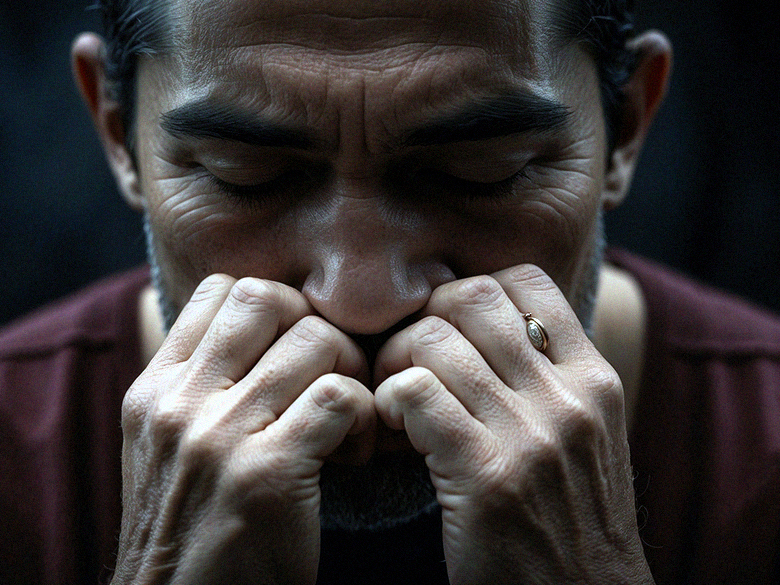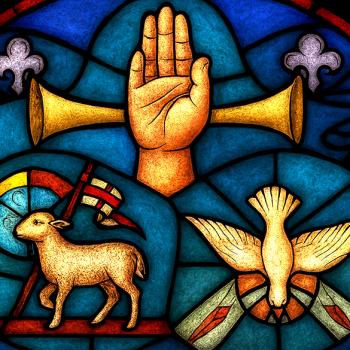
In the world of Christian clichés, the phrase “God helps those who help themselves” holds a peculiar place. It is often tossed around as a nugget of biblical wisdom, a spiritual endorsement of self-reliance, and a divine pat on the back for the industrious. However, this well-worn saying is not only absent from the Bible but fundamentally contradicts the core messages of scripture. This article will dismantle this popular misconception, exploring its origins and theologically unsound implications.
The Non-Biblical Origins
Contrary to popular belief, “God helps those who help themselves” is nowhere to be found in the Christian scriptures. Its roots can be traced back to ancient Greece, notably appearing in Aesop’s fables. The phrase was popularized in the English-speaking world largely due to Benjamin Franklin, who included it in his Poor Richard’s Almanack. This attribution to a founding father may have given the phrase a veneer of wisdom, but a deeper dive reveals a stark contrast with biblical teachings.
Scriptural Contradictions
The ethos of the Bible leans heavily toward divine grace, mercy, and providence—themes that run counter to the idea of self-sufficiency. Scripture is replete with examples and teachings that emphasize God’s intervention on behalf of the powerless, the needy, and those unable to help themselves. Here are a few pivotal contradictions:
- Divine Assistance for the Helpless: Throughout the Bible, God is repeatedly portrayed as a helper of the helpless. Psalms 72:12, for instance, promises that “For he will deliver the needy who cry out, the afflicted who have no one to help.”
- Grace Over Works: Ephesians 2:8-9 drives home that salvation is a gift from God, not a result of human effort: “For it is by grace you have been saved, through faith—and this is not from yourselves, it is the gift of God—not by works, so that no one can boast.”
- Jesus’ Emphasis on Dependency: Jesus himself highlights dependence on God rather than self-sufficiency. In John 15:5, Jesus says, “I am the vine; you are the branches. If you remain in me and I in you, you will bear much fruit; apart from me you can do nothing.”
Theological Implications and Misinterpretations
The misinterpretation of self-reliance as a biblically endorsed concept can lead to several problematic theological and societal implications:
- Neglect of Compassion: Emphasizing self-help can diminish the Christian call to serve and support the vulnerable, suggesting that those in need simply aren’t helping themselves enough to deserve divine or human assistance.
- Prosperity Gospel Fallacy: This phrase can be seen as a cornerstone of the prosperity gospel, which wrongly ties God’s blessings to personal effort and material success, ignoring the biblical emphasis on unconditional divine love and provision.
- Alienation from Community: The spirit of communal support and collective faith, so central to Christian doctrine, is undermined by the ethos of individualism embedded in the saying.
The True Call of Christianity
Christianity, at its heart, is about embodying the love and grace of Christ, reaching out to those in need, and building communities founded on mutual aid and compassion. The real scriptural mandate is not about helping oneself but about serving others as a reflection of God’s love. Matthew 25:35-40 encapsulates this call, as Jesus identifies himself with the needy and asserts that service to them is service to him.
Embracing Authentic Christian Teachings
It’s time to retire “God helps those who help themselves” from our spiritual vocabulary. This phrase not only misrepresents the essence of Christian doctrine but also promotes a misaligned view of the relationship between divine providence and human action. Instead, let’s refocus on what scripture actually teaches: a gospel of grace, community, and unconditional love that seeks to lift up the least among us, not admonish them for their supposed lack of self-reliance. As we strip away these non-biblical accretions, we may return to a more authentic and profoundly supportive faith.
For more Snarky Faith check out the podcast:


















